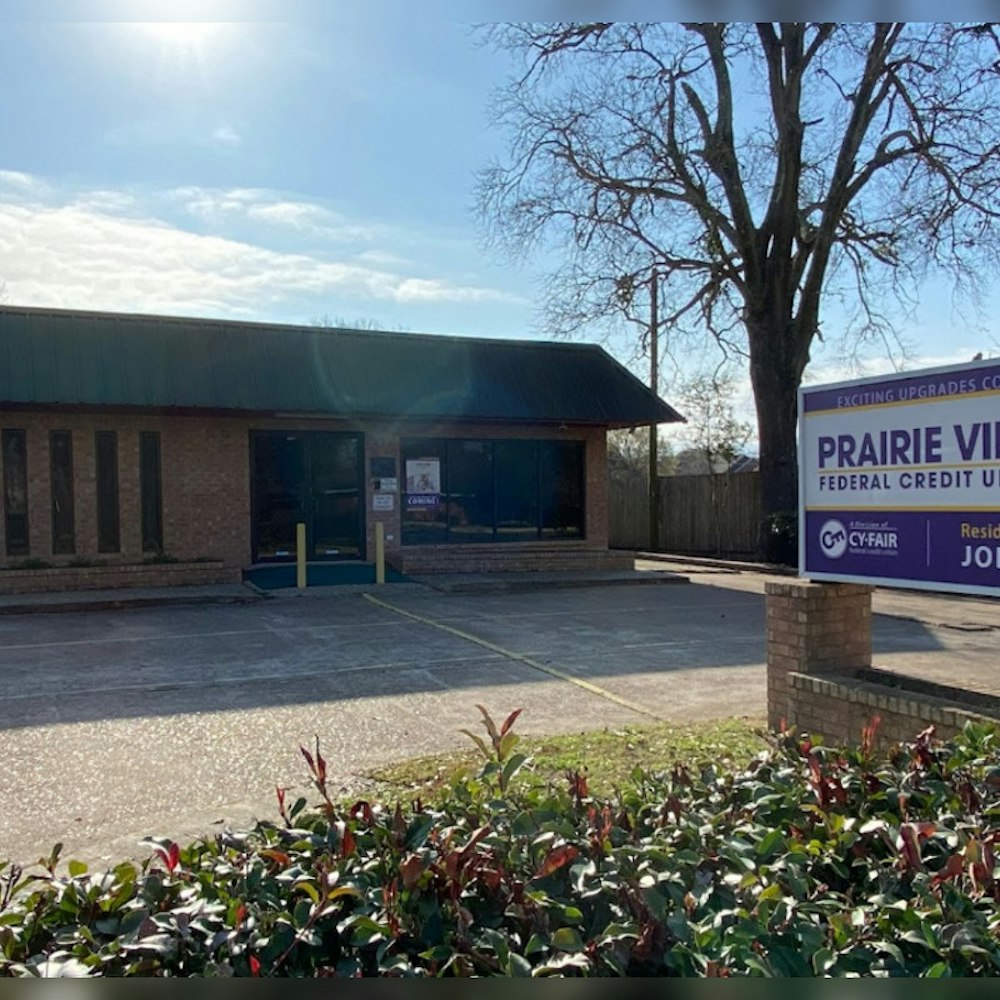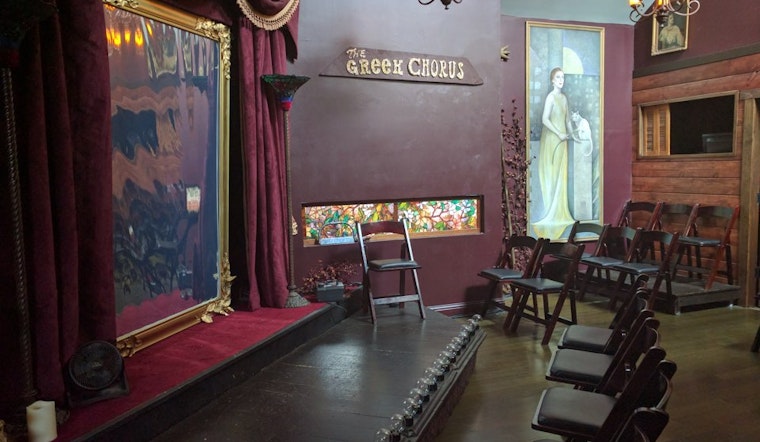
Since 2011, the living room in the single-family home at 65 Capp St. has doubled as "multi-media theatrical production house" The Lost Church. There's a stage, a few dozen seats and an eclectic list of weekly performances. And one day, there will be a host of miniature performance spaces just like it across the city and wider Bay Area.
The Lost Church is the brainchild of Brett and Elizabeth Jones Cline. After touring the country with their punk rock band, the couple settled down in the irregularly-shaped house built by David Ireland—a renowned San Francisco artist whose other former Capp Street residence is now a museum—and started a family. Unlike most young families, however, they decided to turn their living room into an intimate performance venue, the perfect stage for immersive musicals that could expand on the "vivid" story lines built into their lyrics, Brett said.
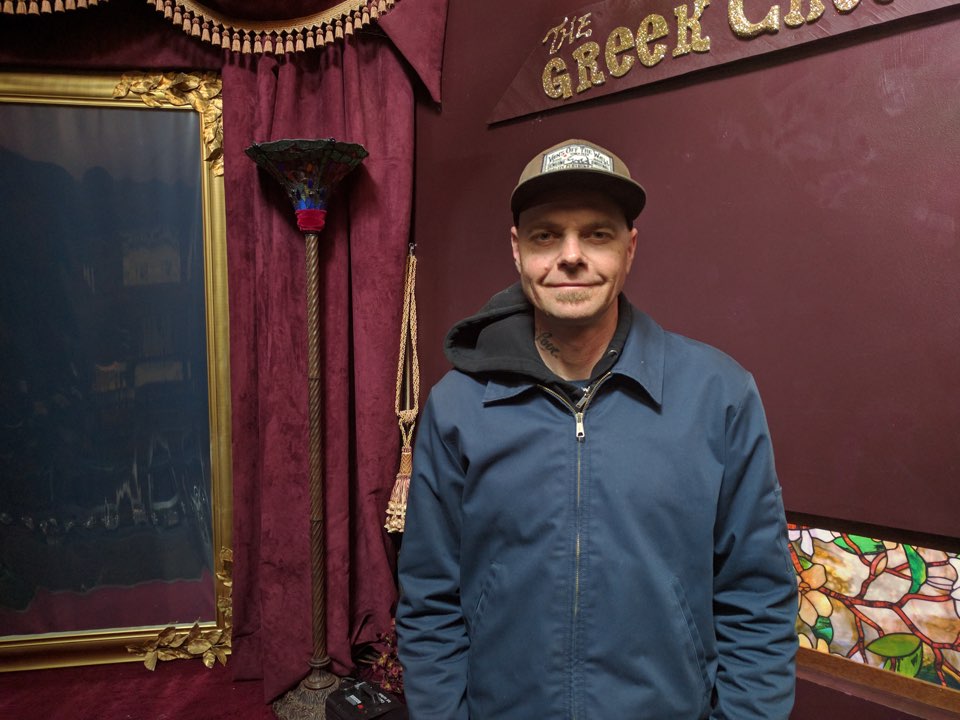
Before the Clines pulled the curtains on their first musical, they had a backlog of musicians eager to take the stage, Brett noted.
Over the few years, while other performance venues struggled to stay afloat, The Lost Church has staged eight original live musicals and between each, a host of other events, including film screenings, book readings, magic shows, local bands and comedy nights ... and also raised over $40,000 to bring their under-ground theater up to code.
So, it's no surprise that they're taking this success on the road.
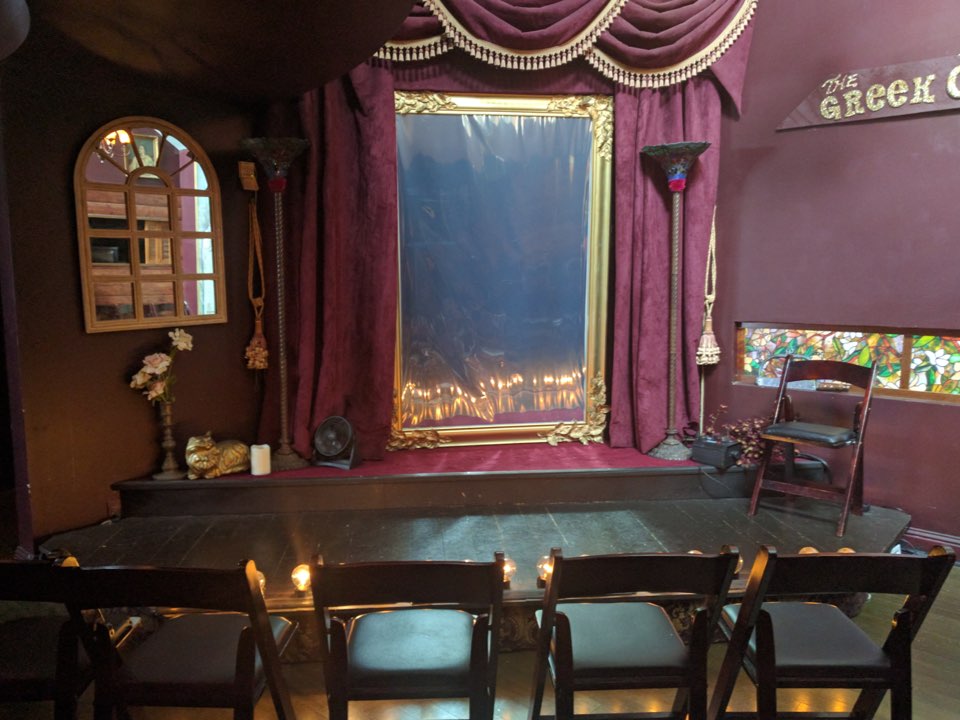
To do so, the Clines and their newly formed board of directors are in the process of forming a The Lost Church nonprofit. In addition to supporting existing performance venues through information sharing, the organization will lease spaces for future venues.
When they initially played with the idea of expansion, Brett said he visited existing venues and five immediately offered to hand over the keys. But as he investigated their businesses, he learned that they each had a major business model issue—from inconvenient locations to unaffordable rent prices. He also almost signed a lease on a space in the Tenderloin himself, but came to the realization that it's better to have a nonprofit organization burden the financial risk rather than one private individual.
The Lost Church nonprofit will operate sort of like the YMCA, he added. One core group of staff members will handle leases, bills, helping to book talent and other back-end logistics for all of the theaters. But events at each space will be run by community members.
The idea comes from The Lost Church's own successful business model. Having just one individual fire up the PA system, greet guests and introduce the performer during each event has kept the tiny venues in business, Brett said. He's been turning Saturday nights over to community hosts, and so far, so good. And while hosting events at future The Lost Church venue won't be a full-time job, it will be a fun way to make a little extra cash, he said.
As The Lost Church grows under this new organization, Brett said each space will be "whatever the community needs it to be." They'll each be beautiful and mysterious speakeasy-like venues that draw in people who wouldn't normally go to the theater.
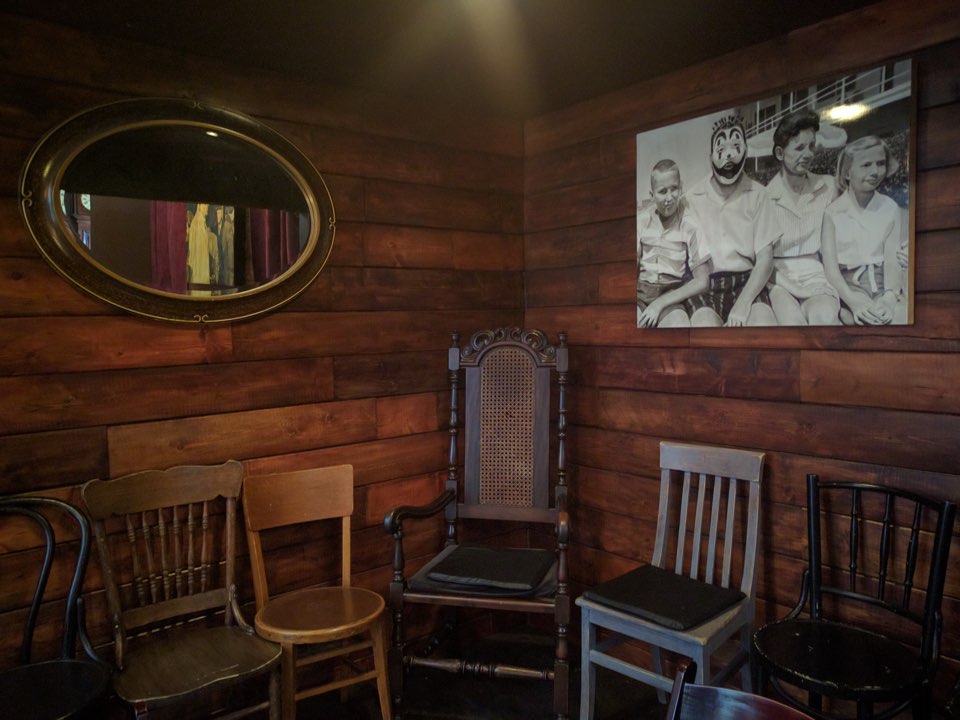
Excited by a diverse board of directors that has formed around this idea, Brett said the goal now is to solidify the organization's core infrastructure, build a strong online presence at helostchurch.org and raise enough money to launch one new venue. And while a specific space hasn't been identified, their sights are set on opening the first spinoff in the Tenderloin, which is easily accessible from other parts of the Bay Area and already home to many property-owning nonprofits that may be able to help make room for a newcomer.




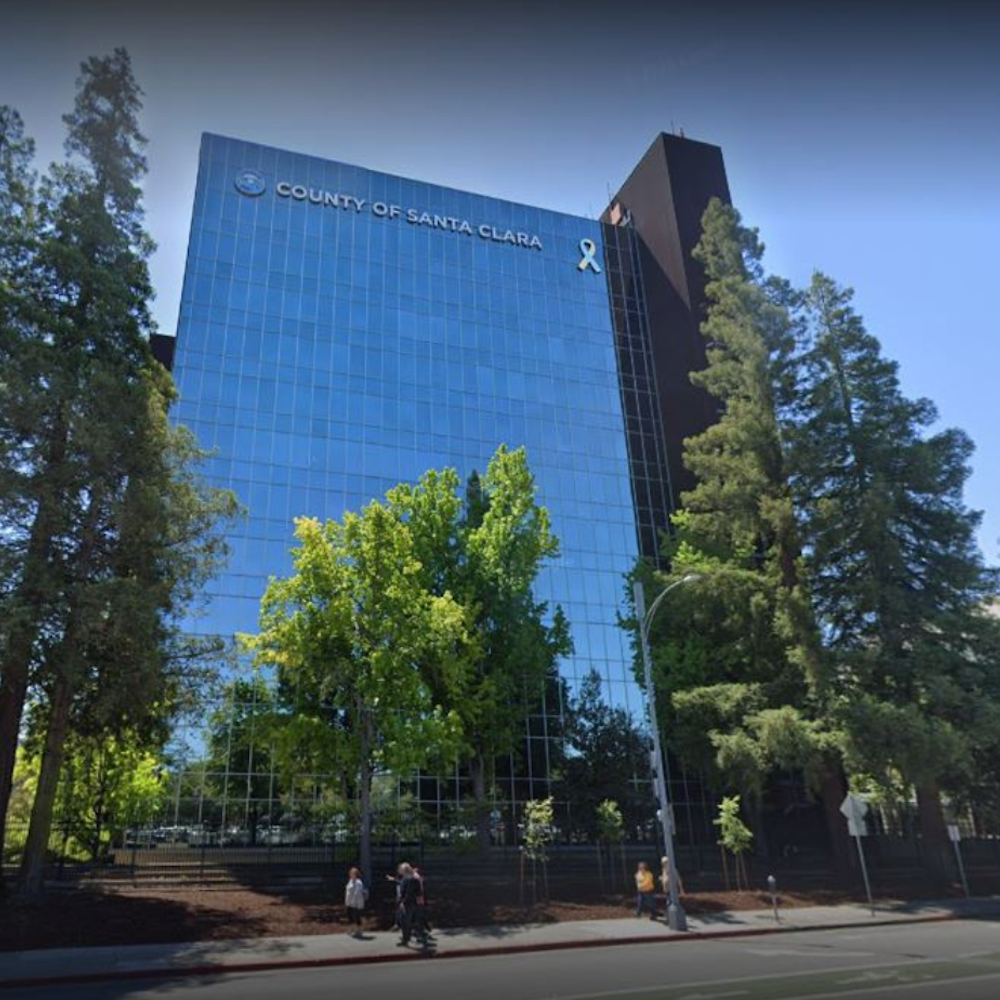
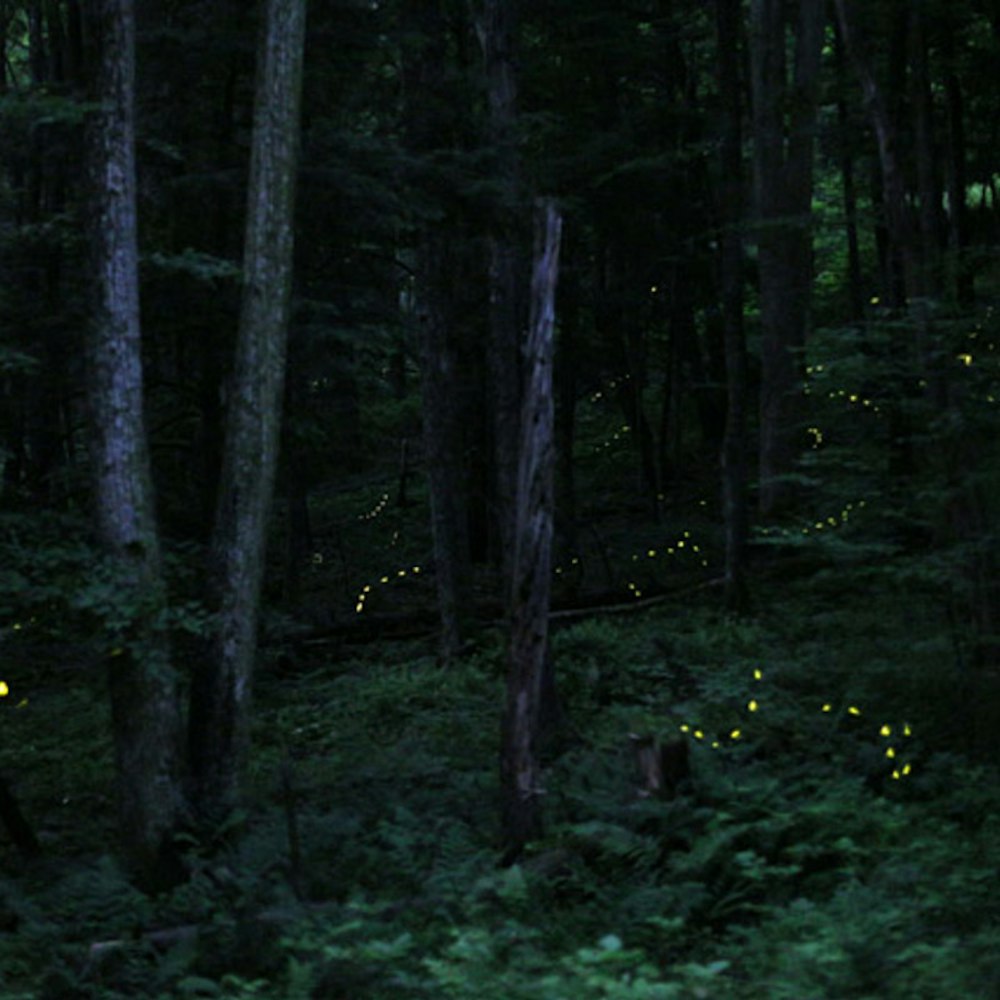
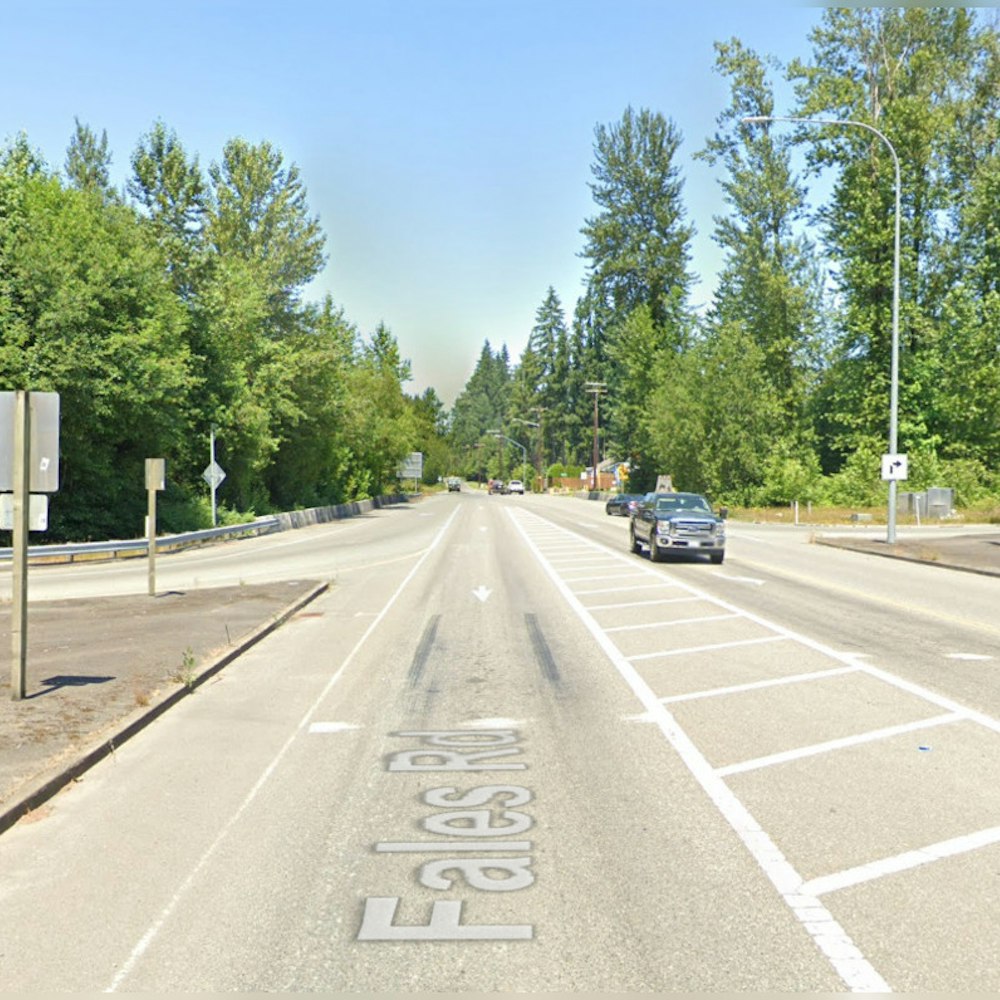
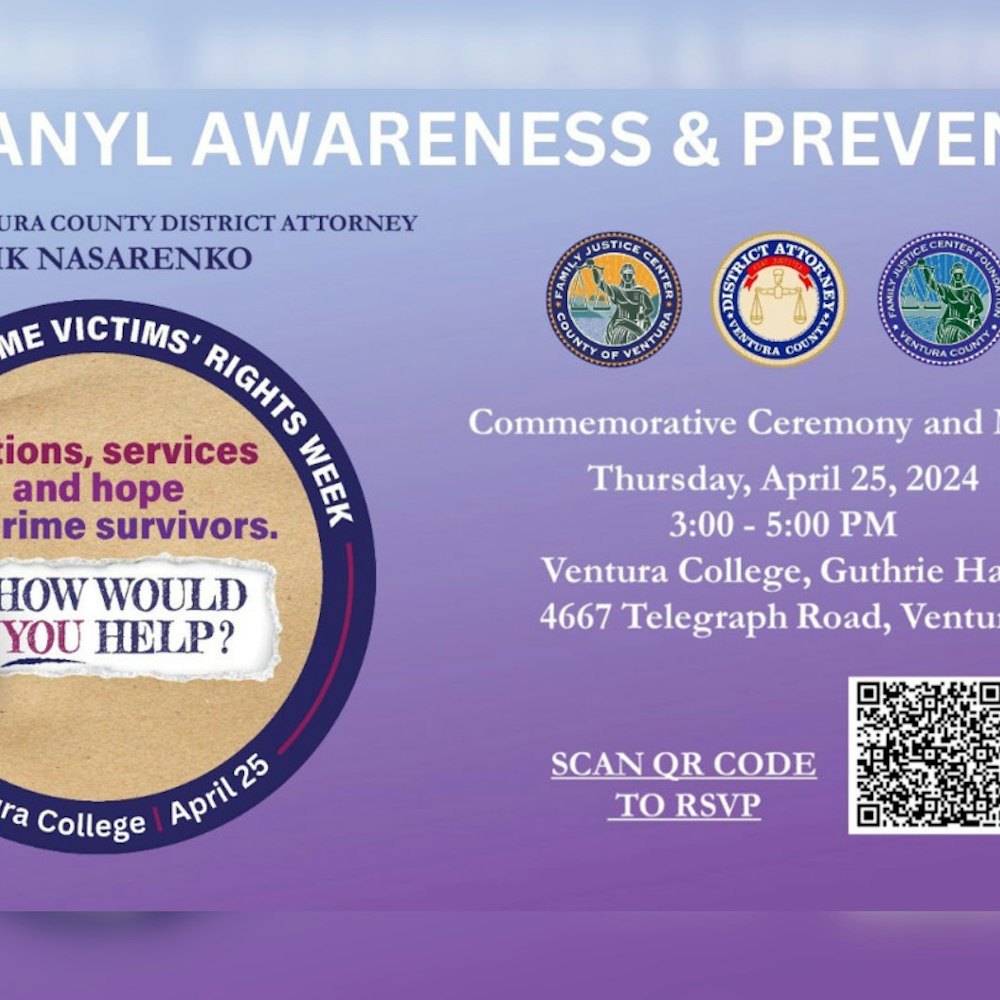
-1.webp?w=1000&h=1000&fit=crop&crop:edges)
